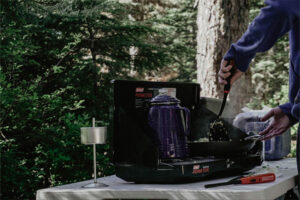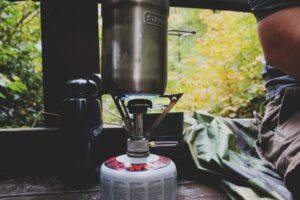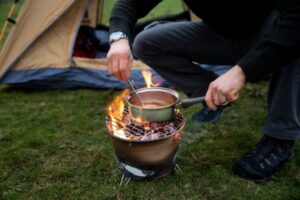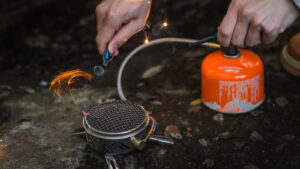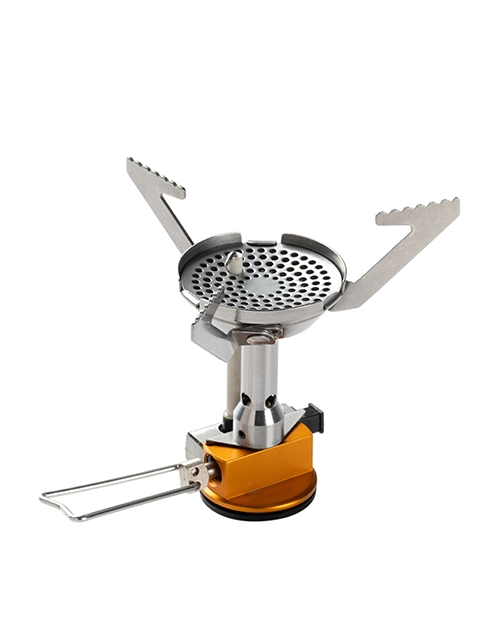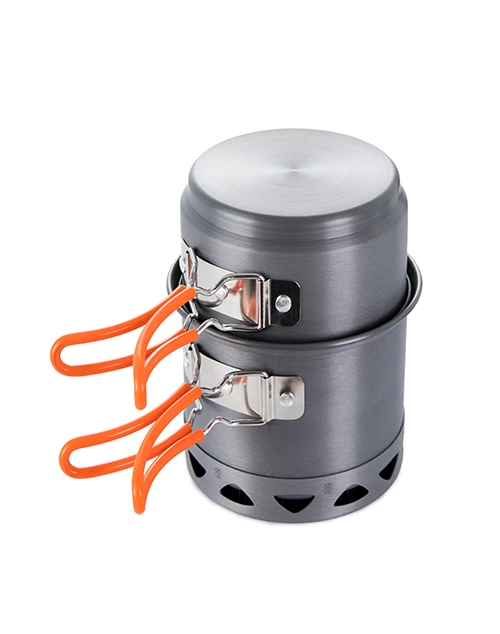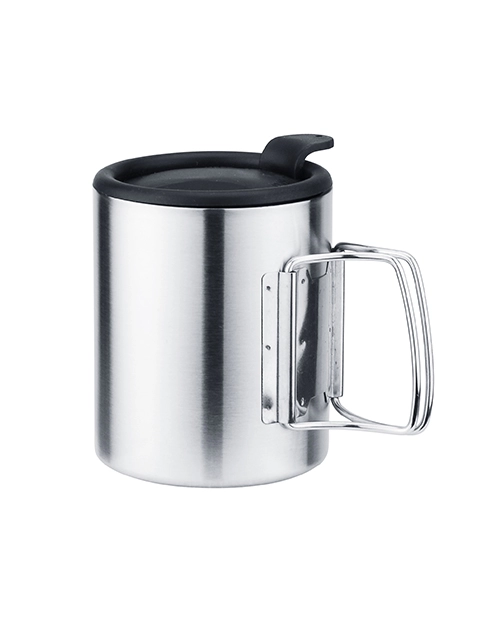
If you go out for hiking in a region that is remote from the city, then having a good backpacking stove is something that you can count on. Whether it is for a few days’ trip or for long holidays, it is highly necessary to have a workable stove, which in turn will help in preparing hot foods. Here in this article are the list, properties, as well as a guide to the best backpacking stoves that you should go for. Let’s get into the details.
Why Do You Need Backpacking Stoves?
If you love camping and every time, you feel it hard to cook food in such areas then you should consider the following reasons to buy it:
- It is easy to carry along with you and also compact, which makes it easier for you to cook irrespective of the location.
- Stoves are much safer and cause no harm to the environment; there is no chance a stove will start a fire in the wilderness like a campfire will.
- A backpacking stove for solo thru-hikes with long boil times is perfect for making fresh and hot meals in tough conditions.
Types of Backpacking Stove
Canister Backpacking Stove
Pros: Portable, simple to assemble, and very adept at delivering what is expected from it in the shortest possible time.
Cons: Expensive and these are not reusable.
Liquid Fuel Stoves
Pros: The variety of fuels is possible to use and suitable for the cold climate.
Cons: Heavier and yet difficult to use.
Alcohol Stoves
Pros: Affordable with favorable fuels that are easily accessible, cheap, and light in weight.
Cons: Bit slower in boiling times as compared to its Pelet stove counterparts, not as effective in windy environments.
Solid Fuel Stoves
Pros: Simple and compact.
Cons: Less amount of heat production and comparatively longer time required for cooking.
Wood Stoves
Pros: Burns natural fuel (sticks, twigs) and there is no need to carry fuel from one place to another.
Cons: It is not suitable when it is wet, and it remains leaving soot on the pots.
 Key Features to Look For Backpacking Stove:
Key Features to Look For Backpacking Stove:
Have a look at some of the features that you should consider when defining options and features for backpacking stoves.
Weight
An ultralight backpacking stove under 1 pound is a good stove for those who want to shed pack weight.
Boil Time
In a solo thru-hike, a stove that takes a long to boil water has its benefits for the hiker. This guarantees that you can prepare food and beverages easily, especially during very hard weather conditions.
Fuel Efficiency
A stove that requires a small amount of fuel should be used when on a trip that one cannot afford to carry many cans of fuel. Select stoves that are popular because of their good performance and less consumption of fuel.
Cost
The fact is that there are cheap services that won’t disappoint a client. There is always the best lightweight backpacking stove that will be easy on the pocket and at the same time perform a good job for both new and experienced hikers.
Simmer Control
A backpacking stove with simmer control enables you to prepare more than boiling water and simmer your foods. This is particularly useful on road trips that may take more than one day and you have to prepare different meals.
Tips for Using a Backpacking Stove
Backpacking stoves are best for camping. Here are some tips that will help you in using them.
Check it At Home:
Make sure to check the stove to see how it works and what it is like to cook with it. This will help you know the details about its arrangement and running.
Use a Windshield:
Airflow can drastically influence the functionalities of a stove. Utilize the windscreen whose purpose is to shield the flame so its efficiency gets enhanced.
Stable Surface:
It is recommended to place the stove on a stable surface that saves you from any sort of accident.
Clean Regularly:
Service and cleaning of your stove are significant since they will help your stove function well and also last longer.
Safety Tips for Backpacking Stove
Ventilation:
Never operate your stove in a poorly ventilated area because this may lead to the accumulation of dangerous gases.
Away from Tents:
Minimize your chances of having a fire mishap by cooking some distance from your tent.
Cool Down:
Once you have done cooking it is wise that you allow the stove to cool down to a considerable extent before you pack it.
Fuel Storage:
Maintain proper storage of fuel canisters also to prevent fuel leaking out and forming puddles.
 Maintenance Tips For Your Backpacking Stove:
Maintenance Tips For Your Backpacking Stove:
Store Properly
Storing it from moisture is important so that it will not rust or corrode. If feasible, store it in a protective case to prevent the item from being damaged physically.
Lubricate Moving Parts when you do Backpacking Stove
If your stove has valves, hinges, spits, and any other parts that move should be well lubricated. This will keep them moving well and will not stiffen up or become jammed.
Fuel Management Backpacking Stove
To use your stove safely, make sure that you are using the proper fuel for your specific stove. If you put the wrong fuel in your stove, it will alter its efficiency and perhaps cause damage.
Conclusion Backpacking Stove
Selecting the correct backpacking stove will improve your outdoor experience by providing an efficient means of preparing meals and water. If you are in search of a very light stove for hiking alone, a stove that will allow you to simmer your meals, or you are working on a limited budget, you will find exactly what you are looking for. Before you go on your next trip, make sure to consider the valuable features and tips in this blog to decide on the right budget-friendly backpacking stove with reliable performance.
ODM service
Looking for reliable camping stove supplier? At Deermaple, we specialize in ODM service, offering high-quality, innovative stoves tailored to your needs.
If you are interested in camping stove wholesale , please contact us.

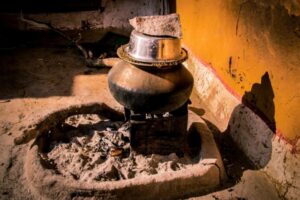 Key Features to Look For Backpacking Stove:
Key Features to Look For Backpacking Stove: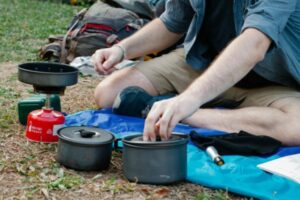 Maintenance Tips For Your Backpacking Stove:
Maintenance Tips For Your Backpacking Stove: